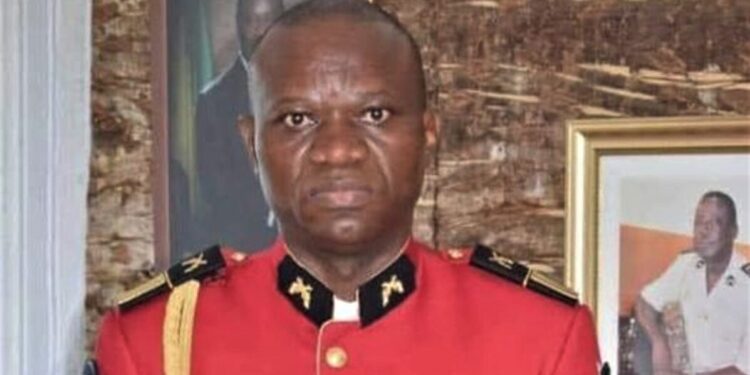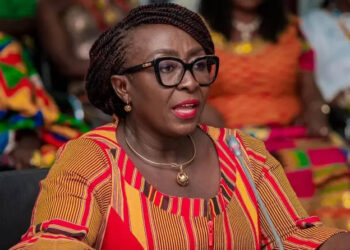By John Ikani
Gabon has overwhelmingly voted in favour of a new constitution signalling a major shift for the nation following the military coup last year.
Provisional data from the electoral commission shows that 92% of the electorate approved the new constitution. While this is seen as a step towards civilian governance, critics argue it could be a means for coup leader Brice Oligui Nguema to extend his grip on power.
So far, Nguema has not indicated whether he plans to stand in the upcoming election.
The Committee for the Transition and Restoration of Institutions (CTRI) reported a 54% voter turnout, with the referendum conducted peacefully and without significant incidents.
The Constitutional Court is expected to confirm the final tally in the coming days.
While casting his vote, Nguema called the referendum a “great step forward,” noting that citizens were “participating in a transparent manner.”
Ahead of the vote, transitional leaders framed the referendum as a critical milestone in the journey back to constitutional rule in the oil-rich nation.
This referendum clears the way for general elections slated for August next year, marking two years since Nguema’s military-led removal of President Ali Bongo Odimba, whose family dominated Gabon’s political scene for decades.
The newly adopted constitution introduces a seven-year presidential term with a limit of one re-election, replacing the former system of unlimited five-year terms, which had facilitated extended family rule.
Additionally, the new law prohibits presidential candidates from having non-Gabonese spouses or foreign ties, thereby excluding the ousted Bongo, whose wife is of French nationality.
These changes are widely seen as an effort to dismantle the long-standing Bongo dynasty, which had held power for over half a century.
Bongo himself ruled for 14 years, taking over from his father who had led the country for 41 years before him.
The new legal framework also removes the prime minister’s position, opting instead for two vice-presidential posts.
While proponents are optimistic about the reforms, critics caution that the changes could centralize authority in the hands of the presidency.
Despite Gabon’s rich natural resources, including oil and dense forests, nearly a third of its population of 2.4 million lives in poverty, according to United Nations data.



































